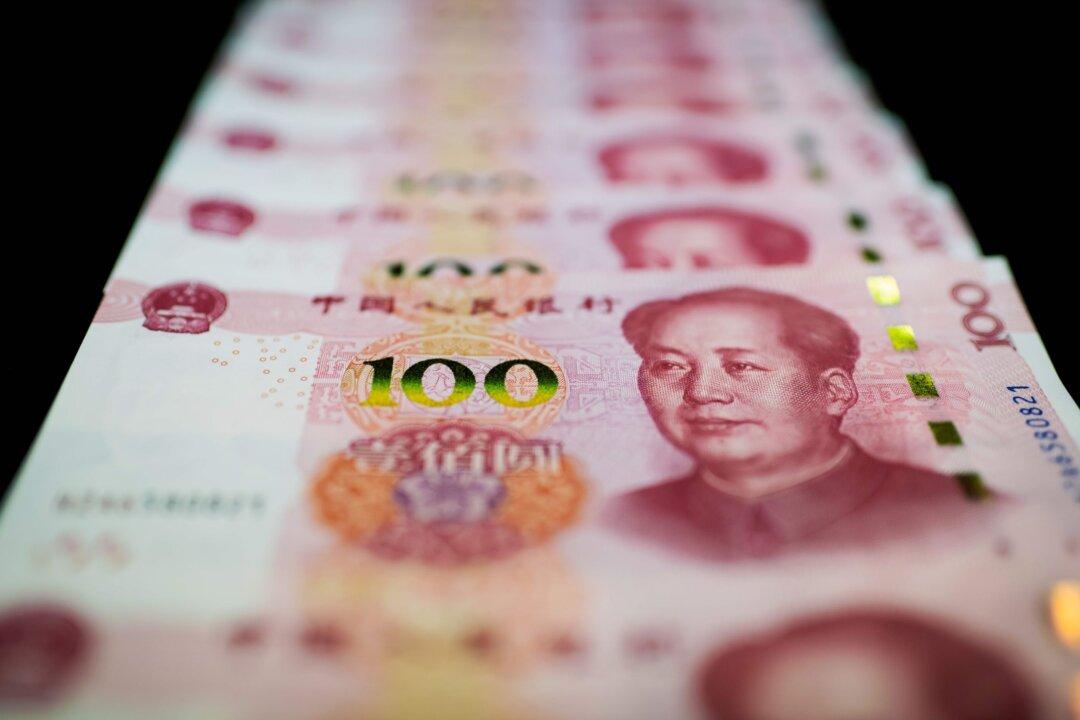China’s Ministry of Commerce recently claimed that from January to April, the country’s actual use of foreign capital surged by 20.5 percent compared to the same period last year, amid a rapid depreciation of its yuan. But experts believe that the data is false as they say foreign capital has been accelerating its withdrawal from China.
Chinese Vice-Premier Hu Chunhua stressed the need to “stabilize existing foreign-funded enterprises” in a teleconference on May 9.





